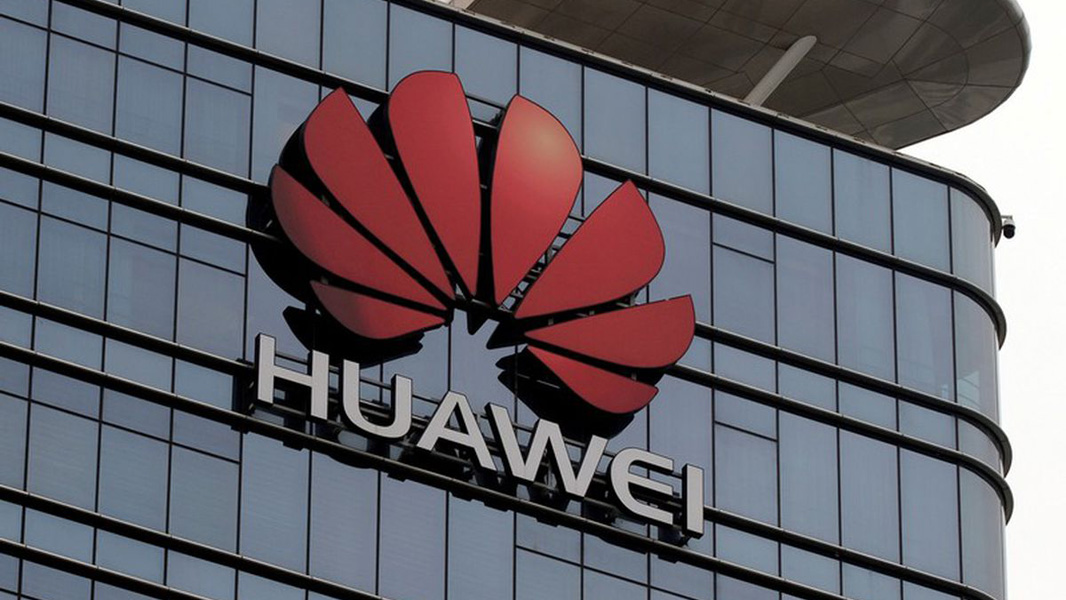Huawei to Halt Smartphone Chipset Production
- Paul Thurrott
- Aug 09, 2020
-
8

Thanks to withering U.S. sanctions, smartphone giant Huawei this week said that it will have to halt production of its own chipsets, which rely on partnerships with U.S.-based businesses.
“After September 15, we will neither be able to produce our flagship chipsets nor our chips with AI processing capabilities,” Huawei CFO Yu Chengdong said at a technology innovation event in Shenzhen Friday, as reported by Caixin Global, a Chinese media publication. “This is a huge loss to us.”
Windows Intelligence In Your Inbox
Sign up for our new free newsletter to get three time-saving tips each Friday — and get free copies of Paul Thurrott's Windows 11 and Windows 10 Field Guides (normally $9.99) as a special welcome gift!
"*" indicates required fields
Like Samsung, Huawei, the world’s second-biggest maker of smartphones, designs its own smartphone chipsets, and it uses Taiwan Semiconductor, the world’s largest chipset fabricator, to manufacture them. But Taiwan Semiconductor stopped taking new orders from Huawei in May after a new round of U.S. sanctions cut off its remaining access to partners and their intellectual property.
Yu told the conference that Huawei will sell fewer smartphones this year than it did in 2019, when it hit a new record of 240 million units sold. And its smartphone operations have continued to do well this year, despite the U.S. sanctions and no official access to the U.S. market; the firm sold 105 million smartphones in the first half of 2020 and 55.8 million handsets overall in the second quarter. But 70 percent of those quarterly sales occurred solely within China.
And with supplies and access to U.S. technology getting cut off, Huawei is now facing supply chain problems that could hamper the availability of planned future phone models, no matter which market they target.
As a result of the unilateral U.S. action, Yu is calling on China to step up its chip design and manufacturing capabilities, and to solve the U.S. problem by “making breakthroughs in technology innovations on operation systems, chips, data and cloud services.” This, of course, is the nightmare scenario that many have concluded would be the real endgame triggered by the U.S. sanctions, that Huawei and other Chinese firms will simply stop relying on today’s tech giants, thus diminishing the power and influence of these U.S.-based companies.